Archive
2021
KubaParis
bpa-exhibition-2021
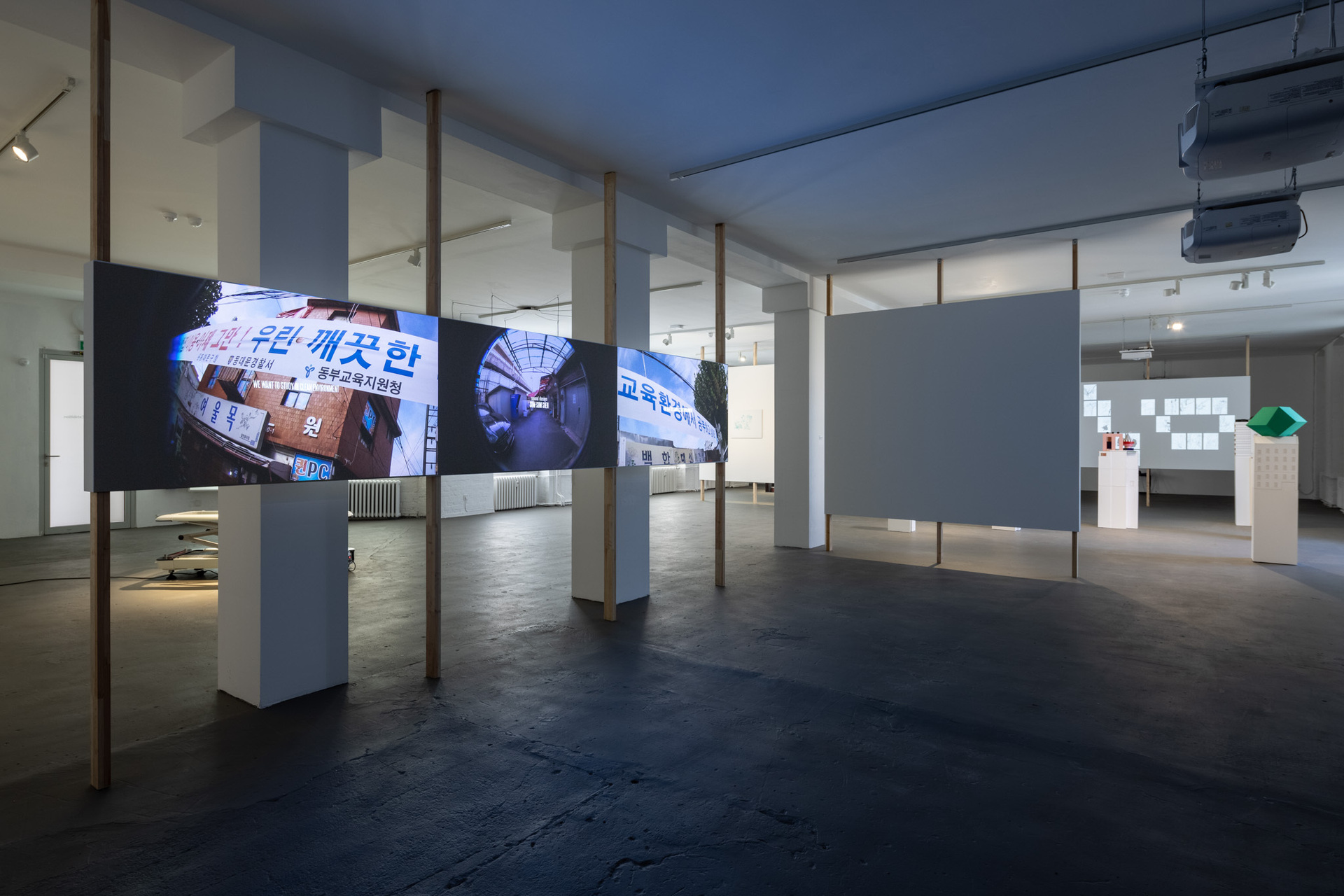
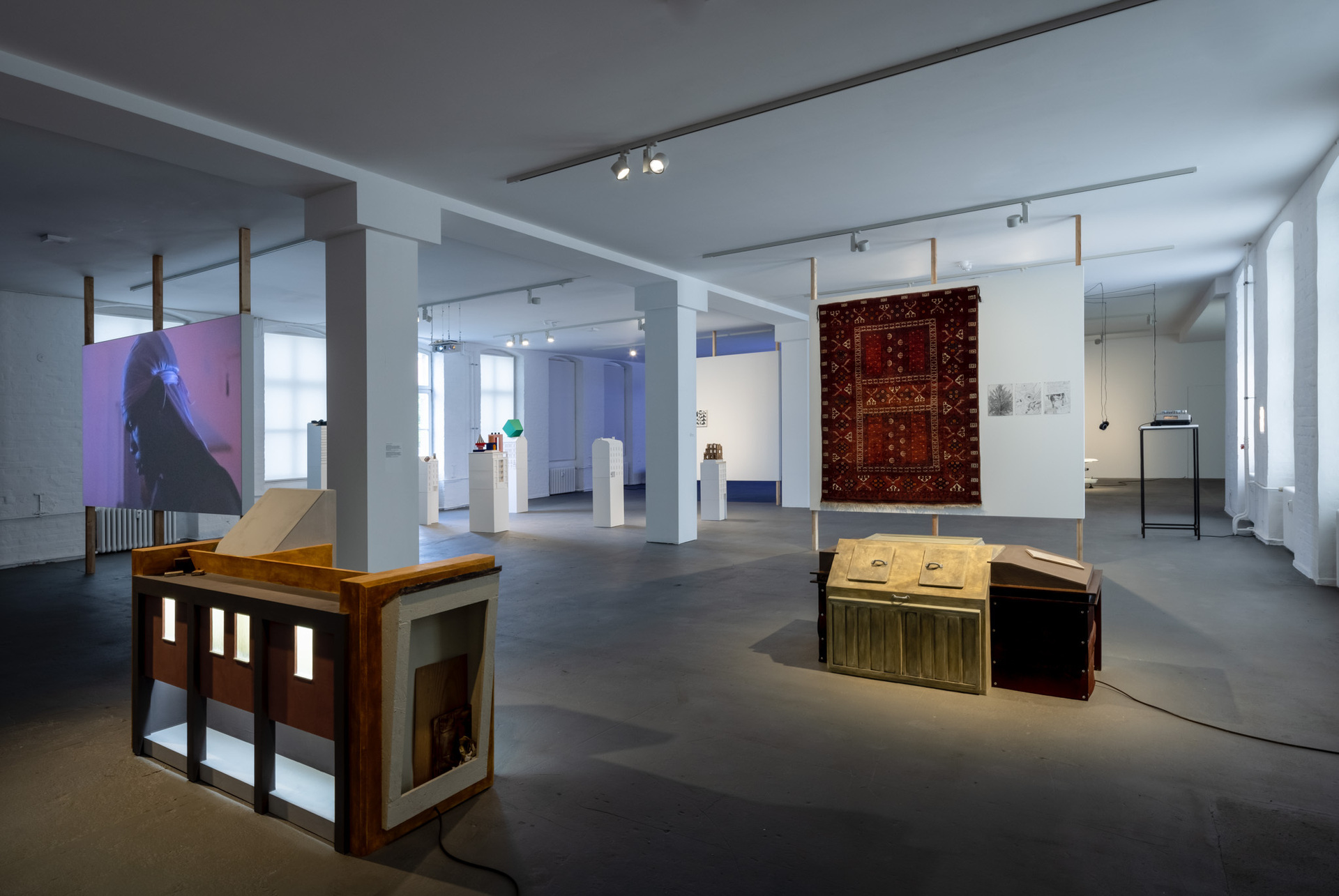
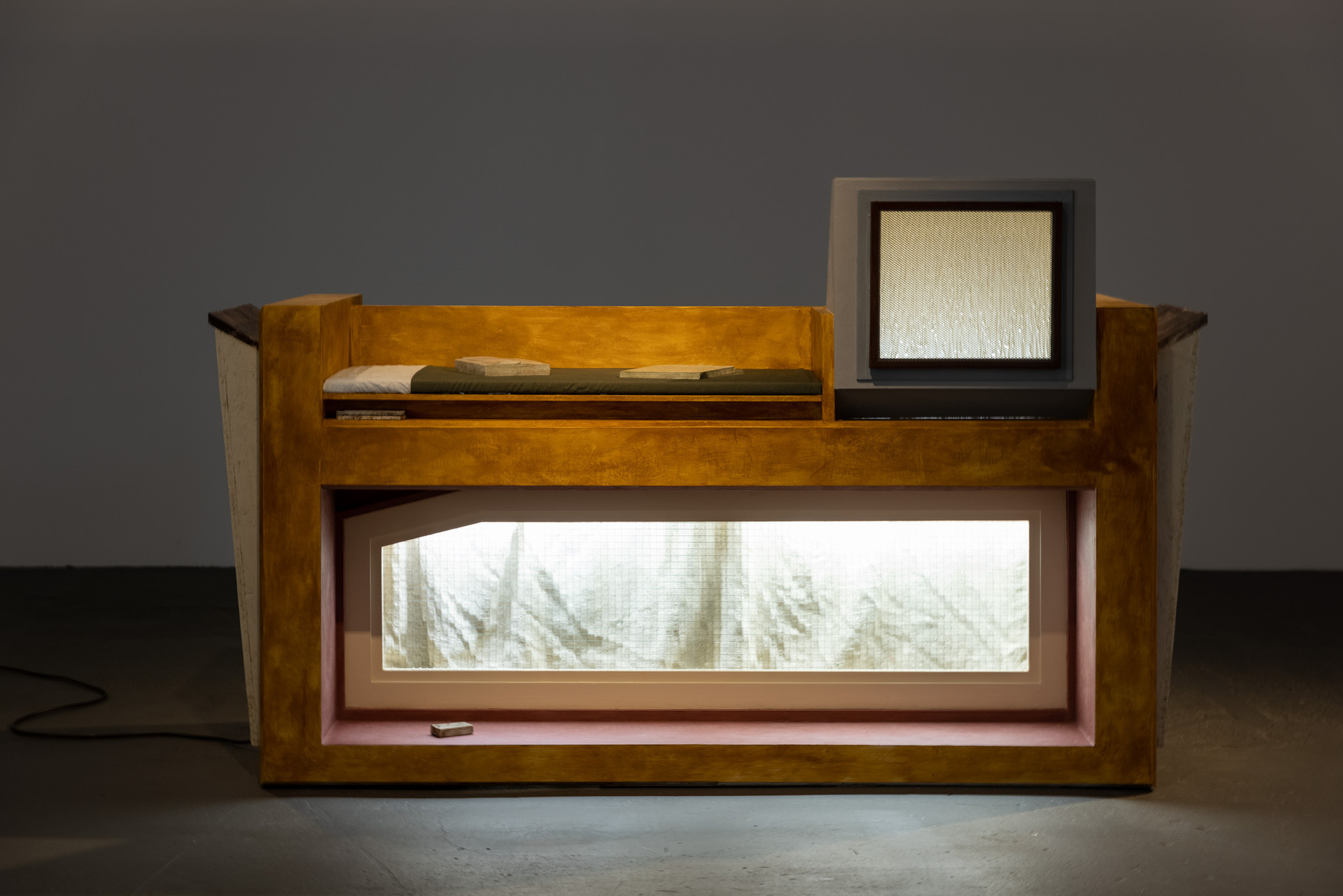
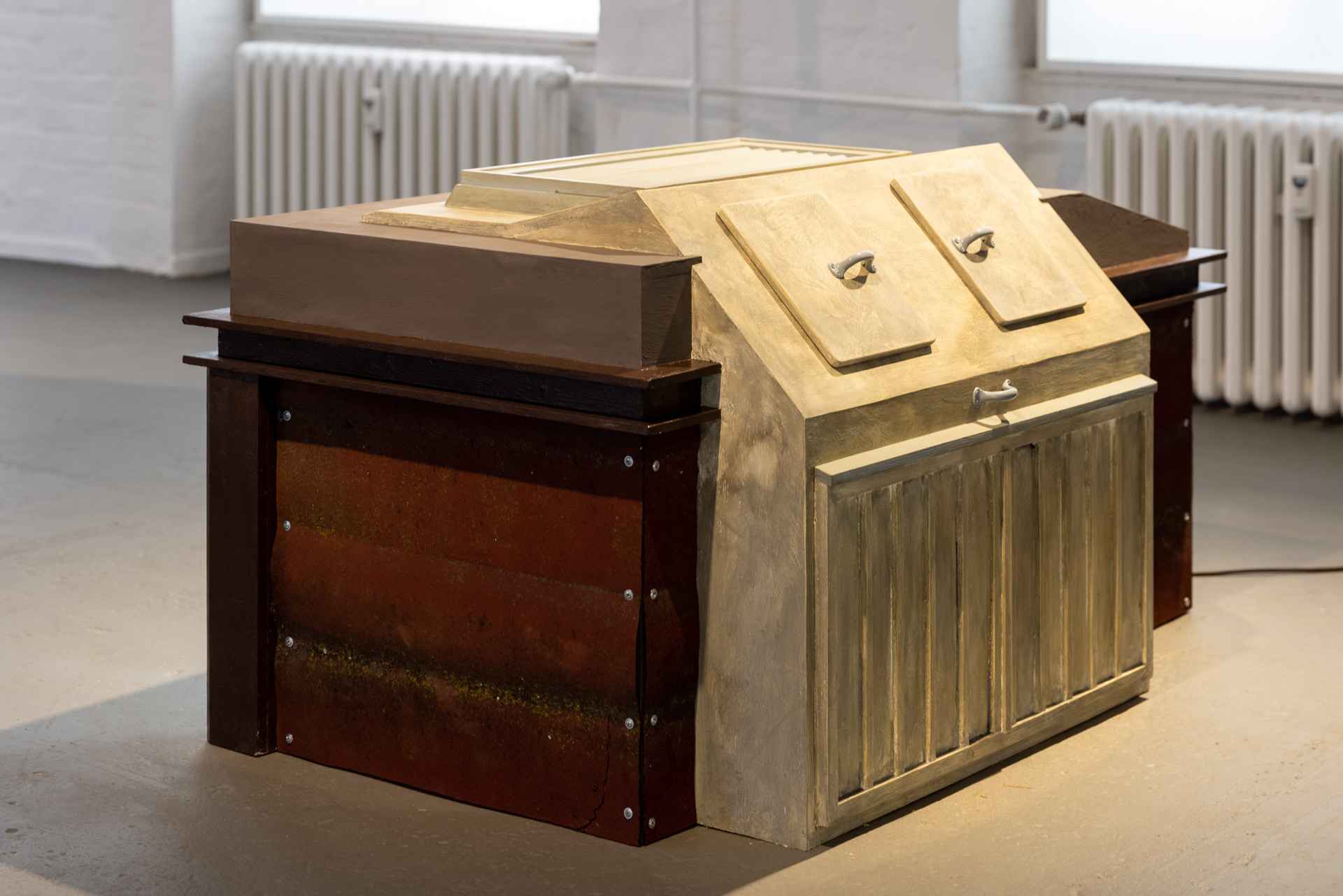
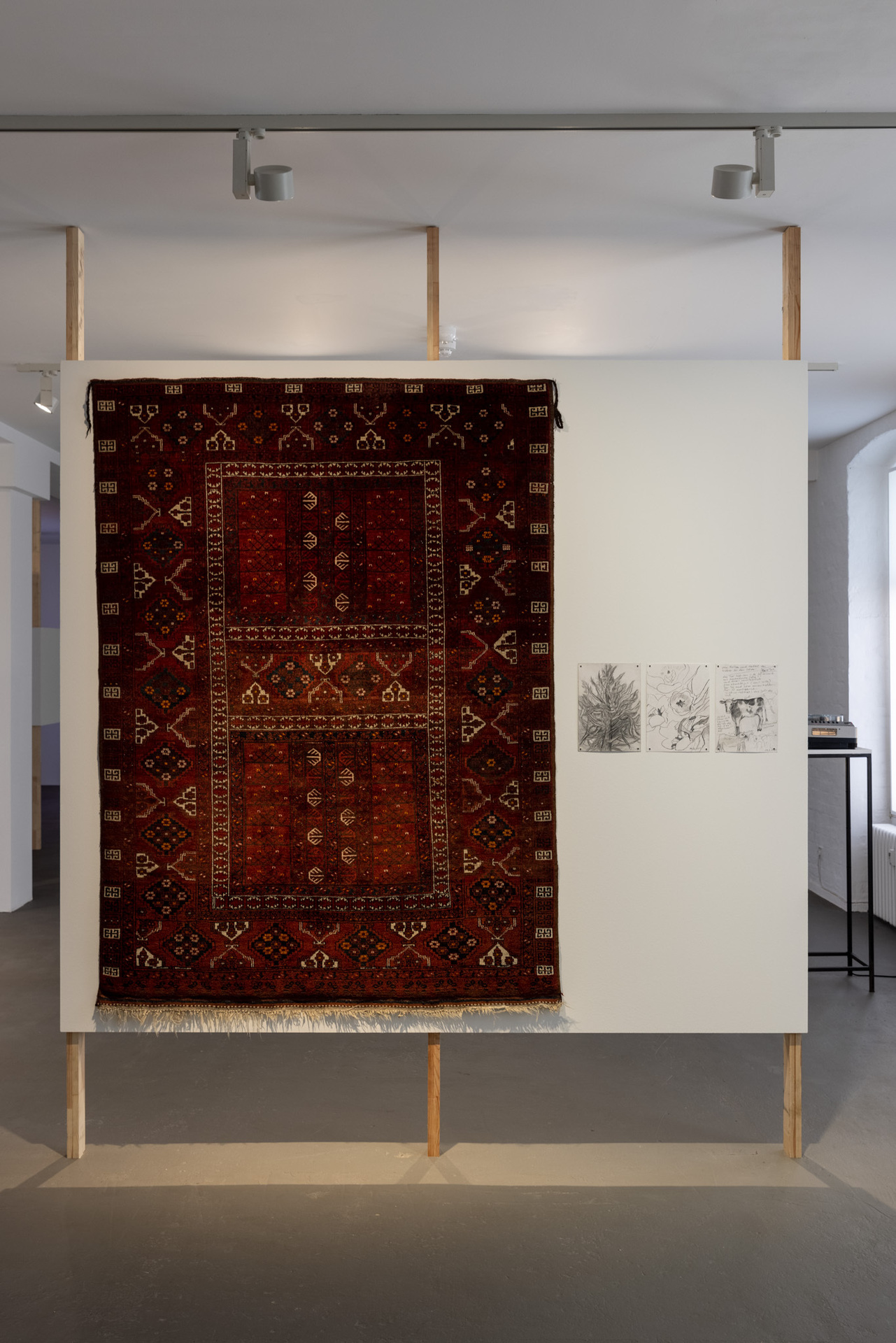
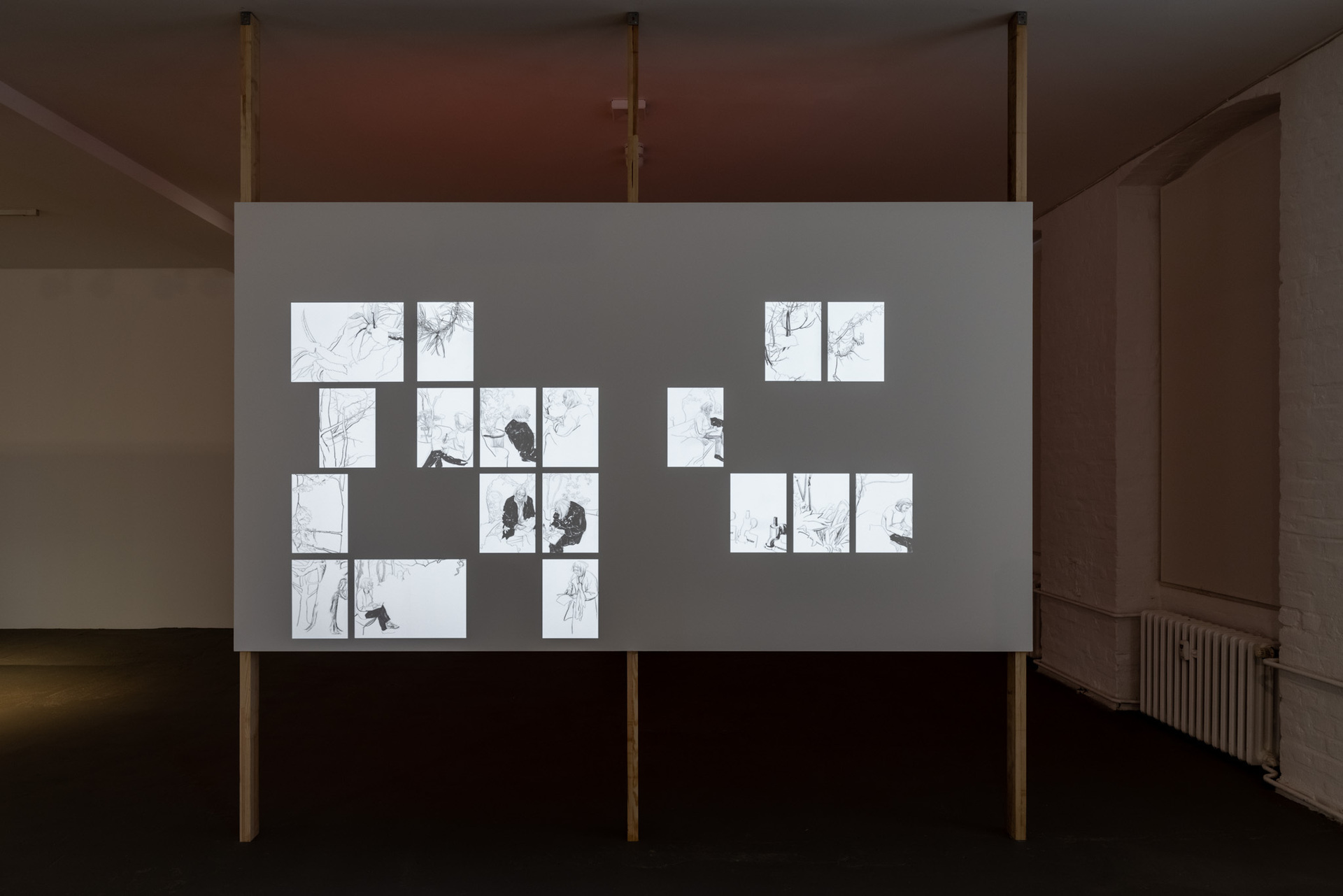
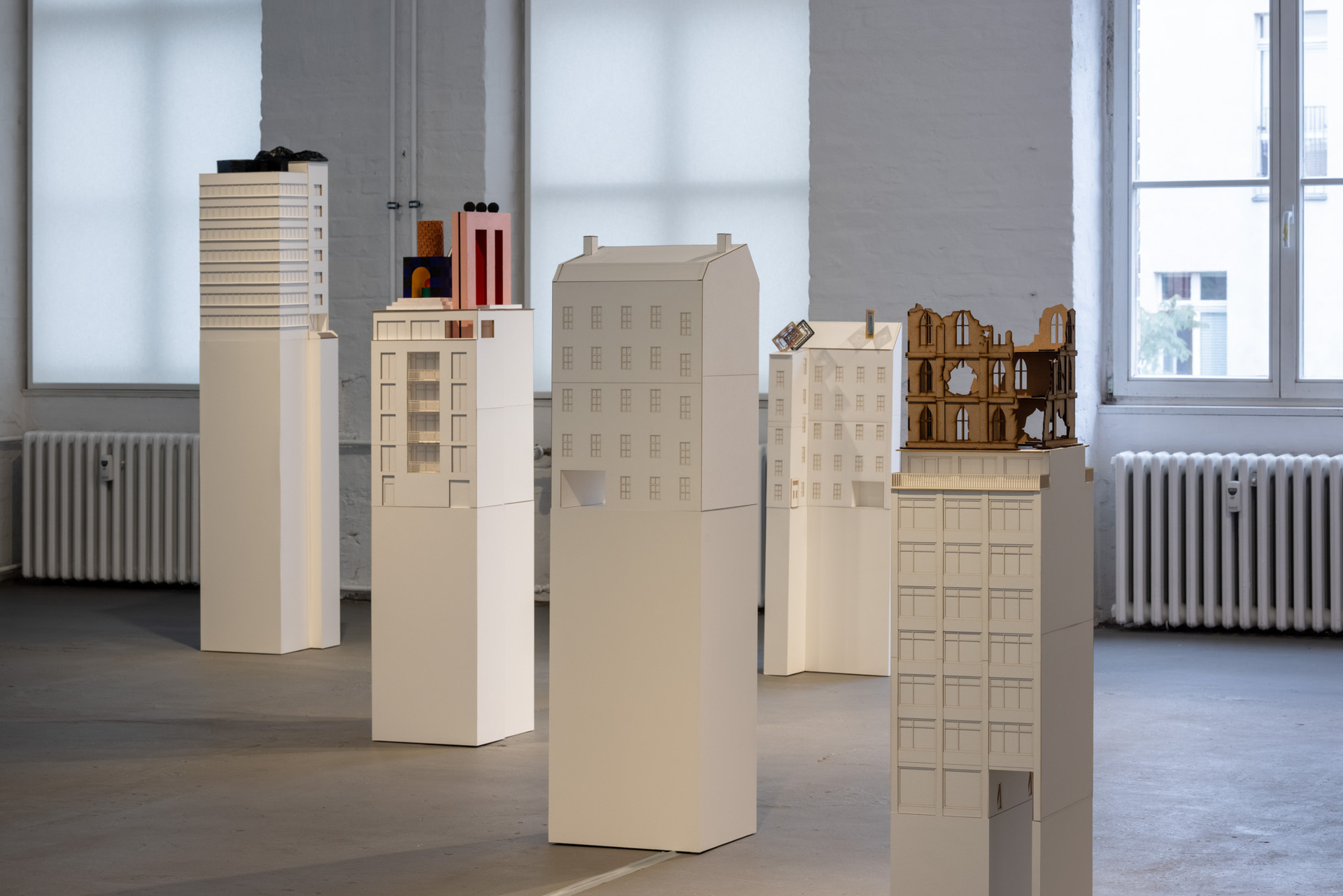
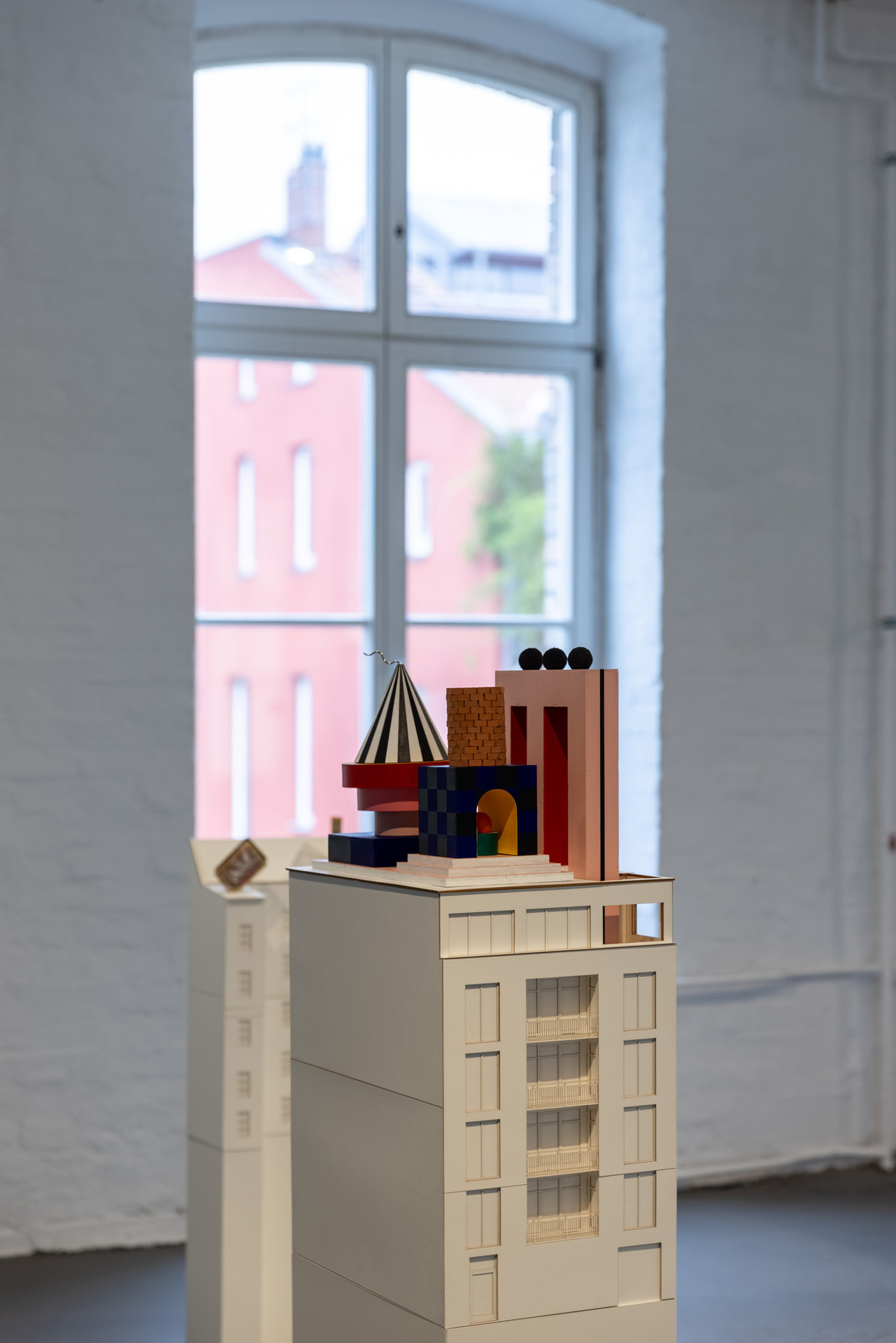
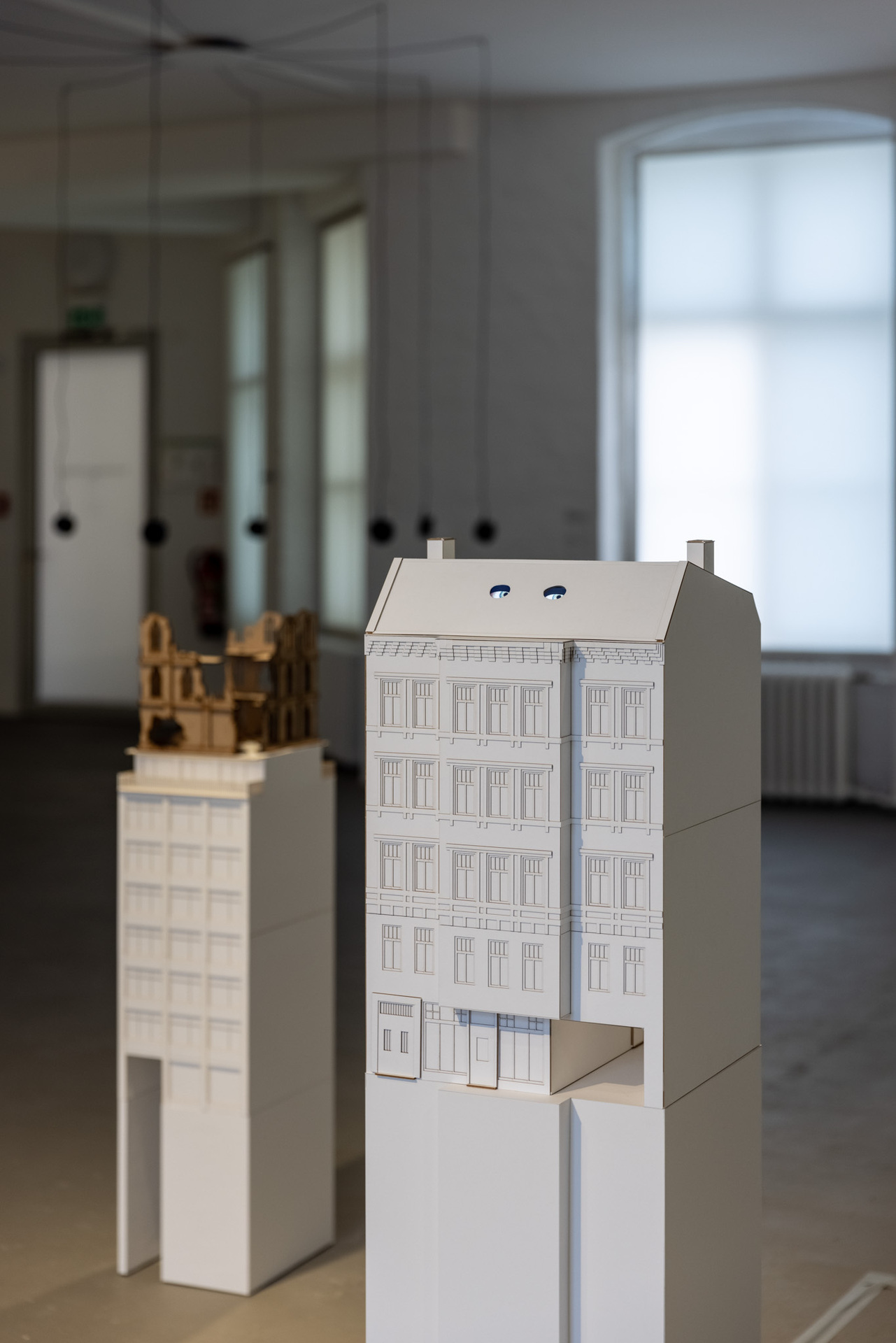
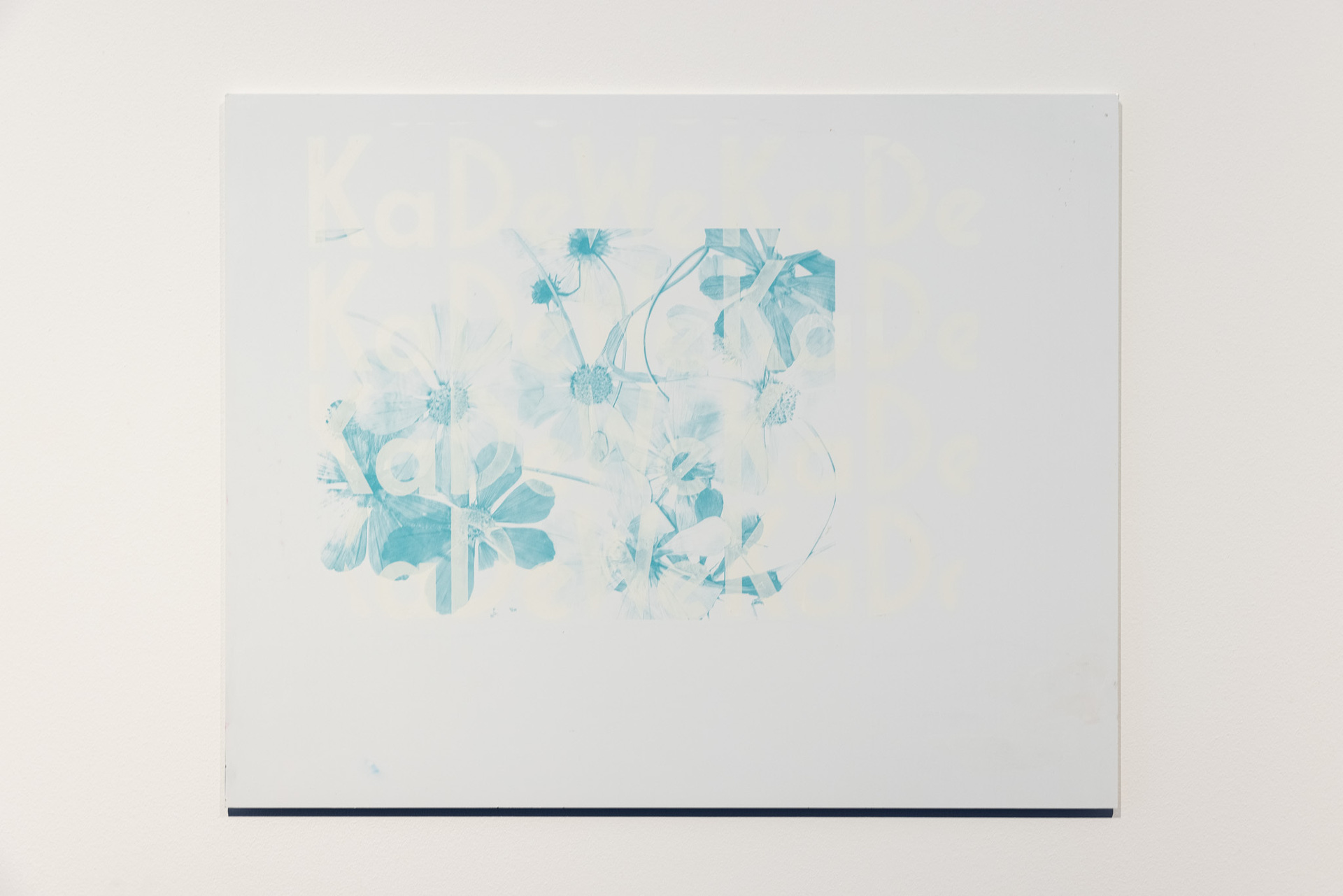
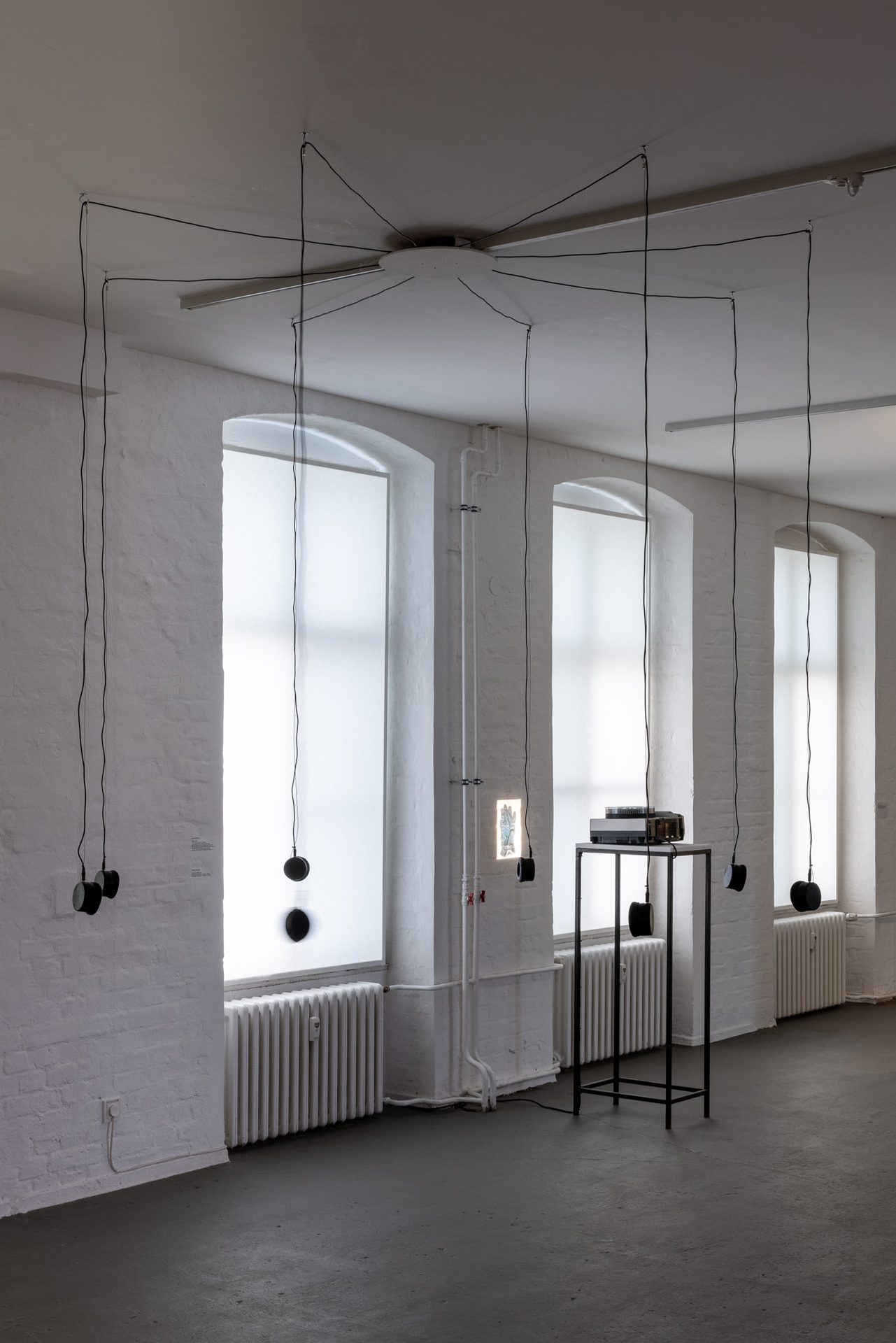
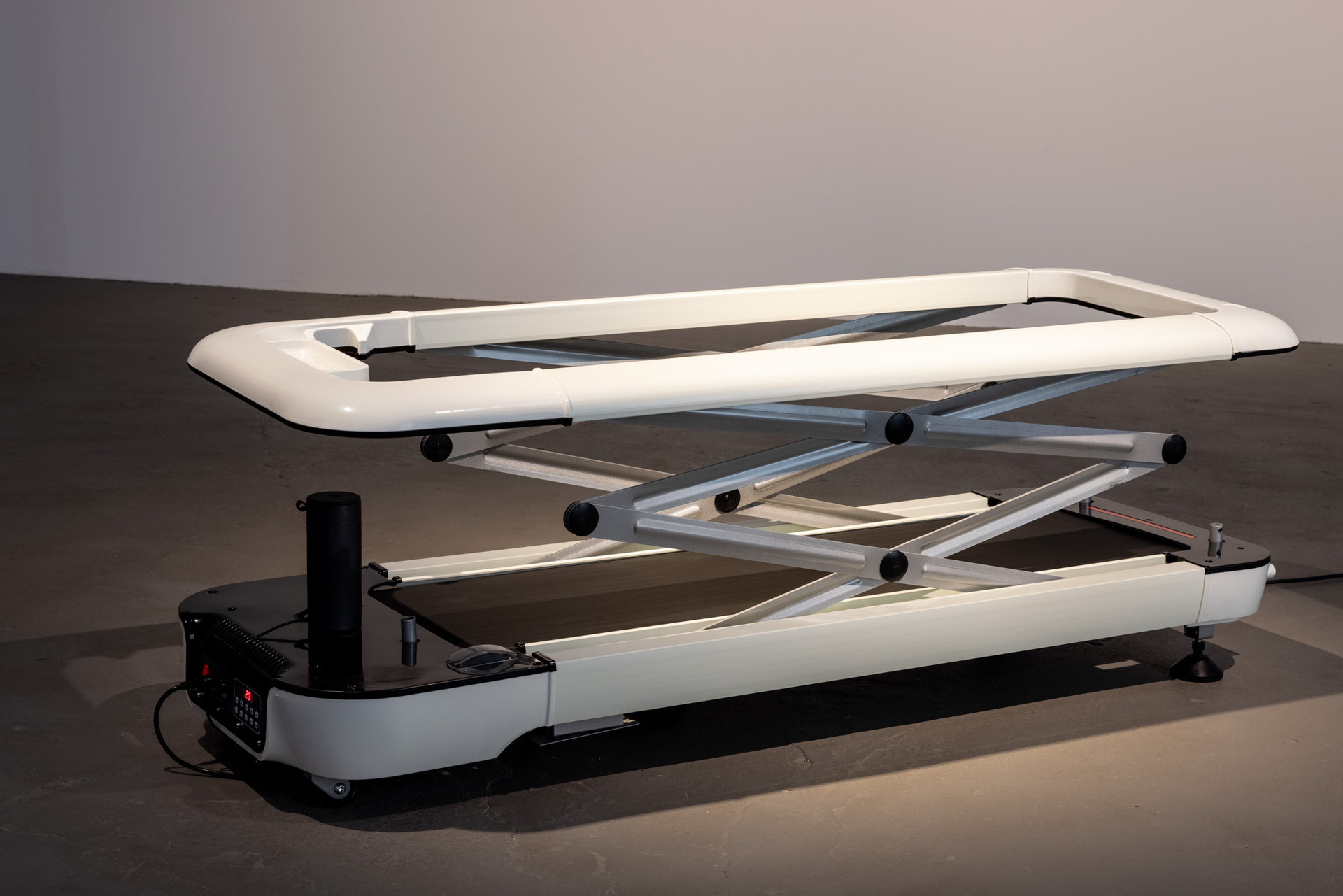
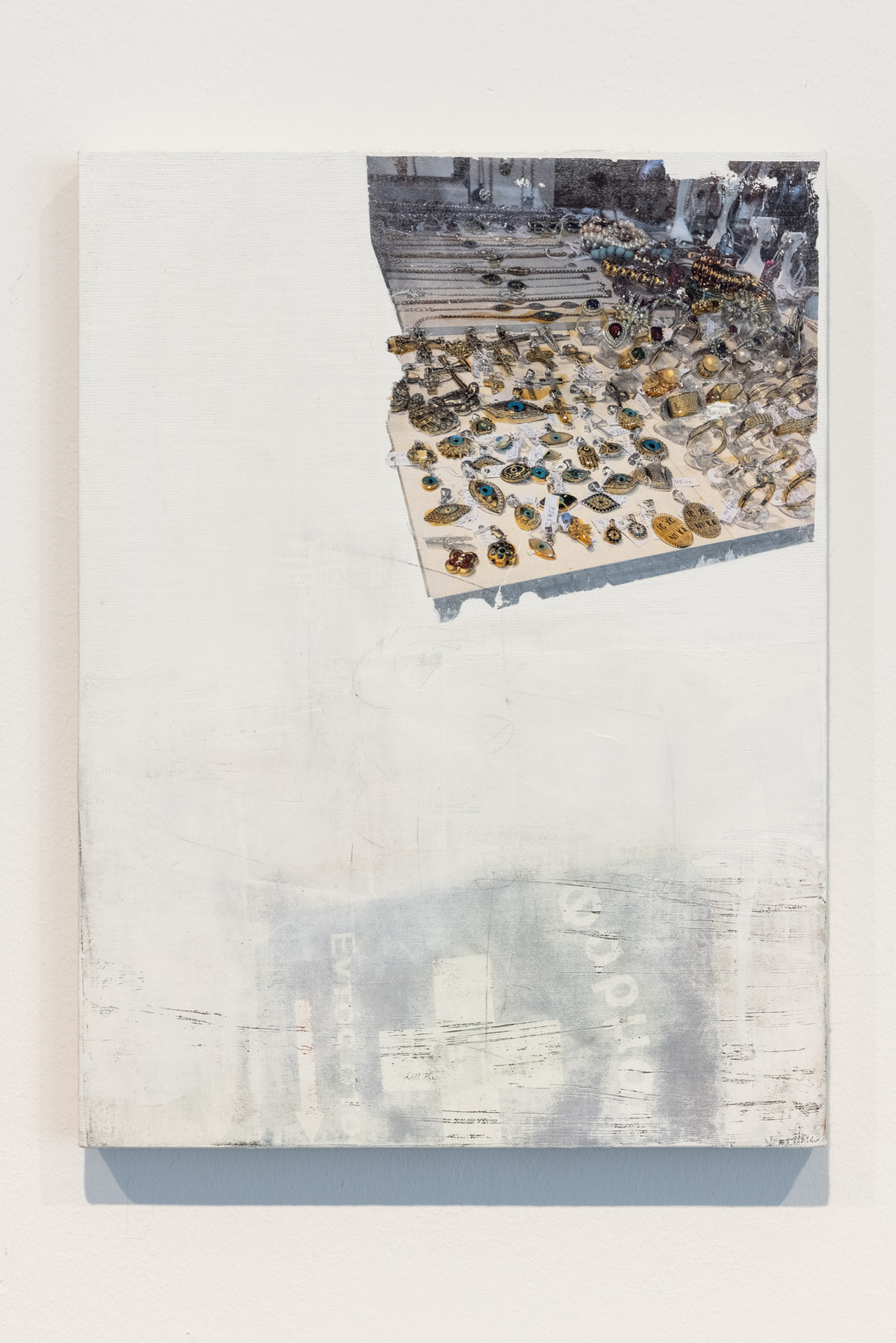
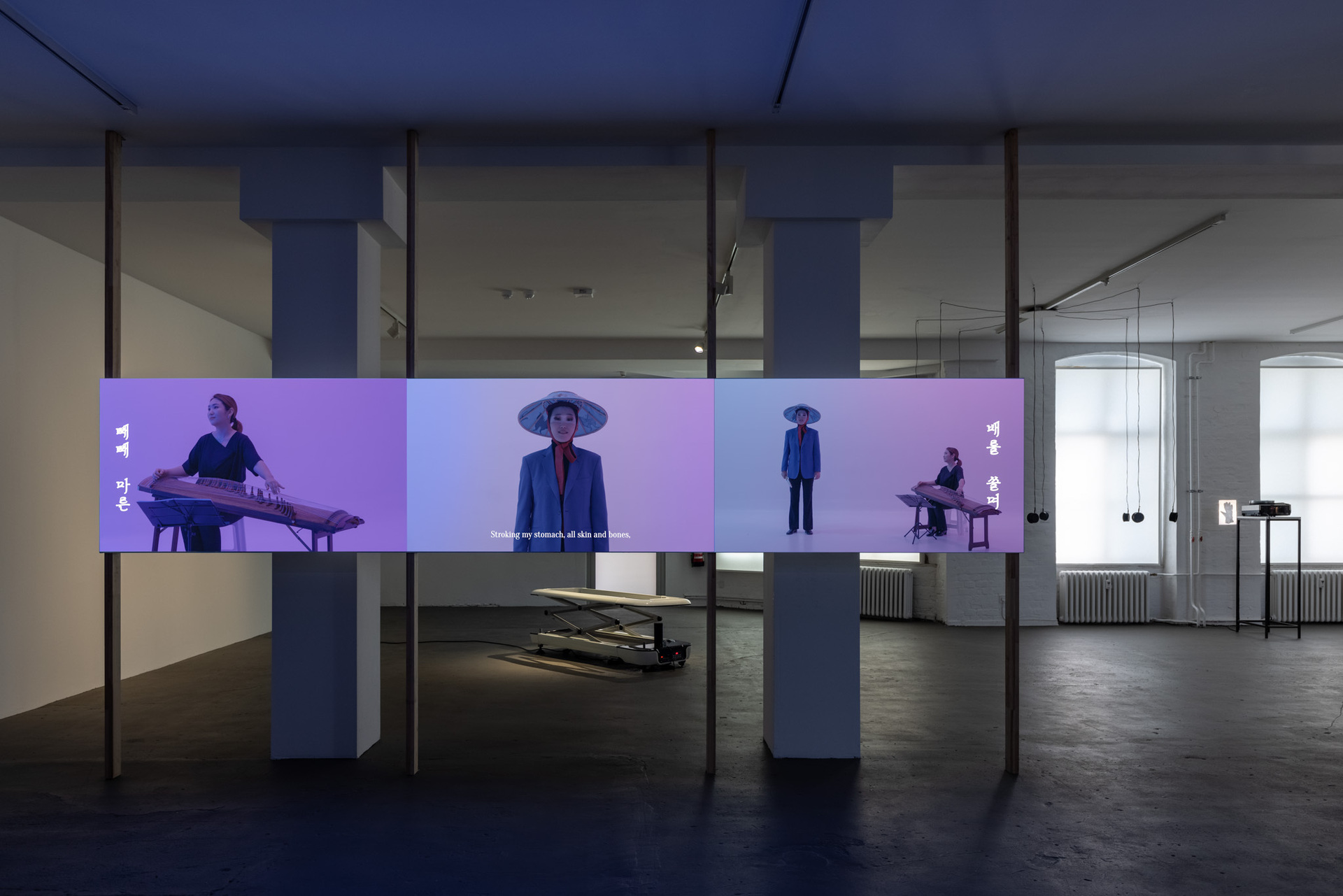
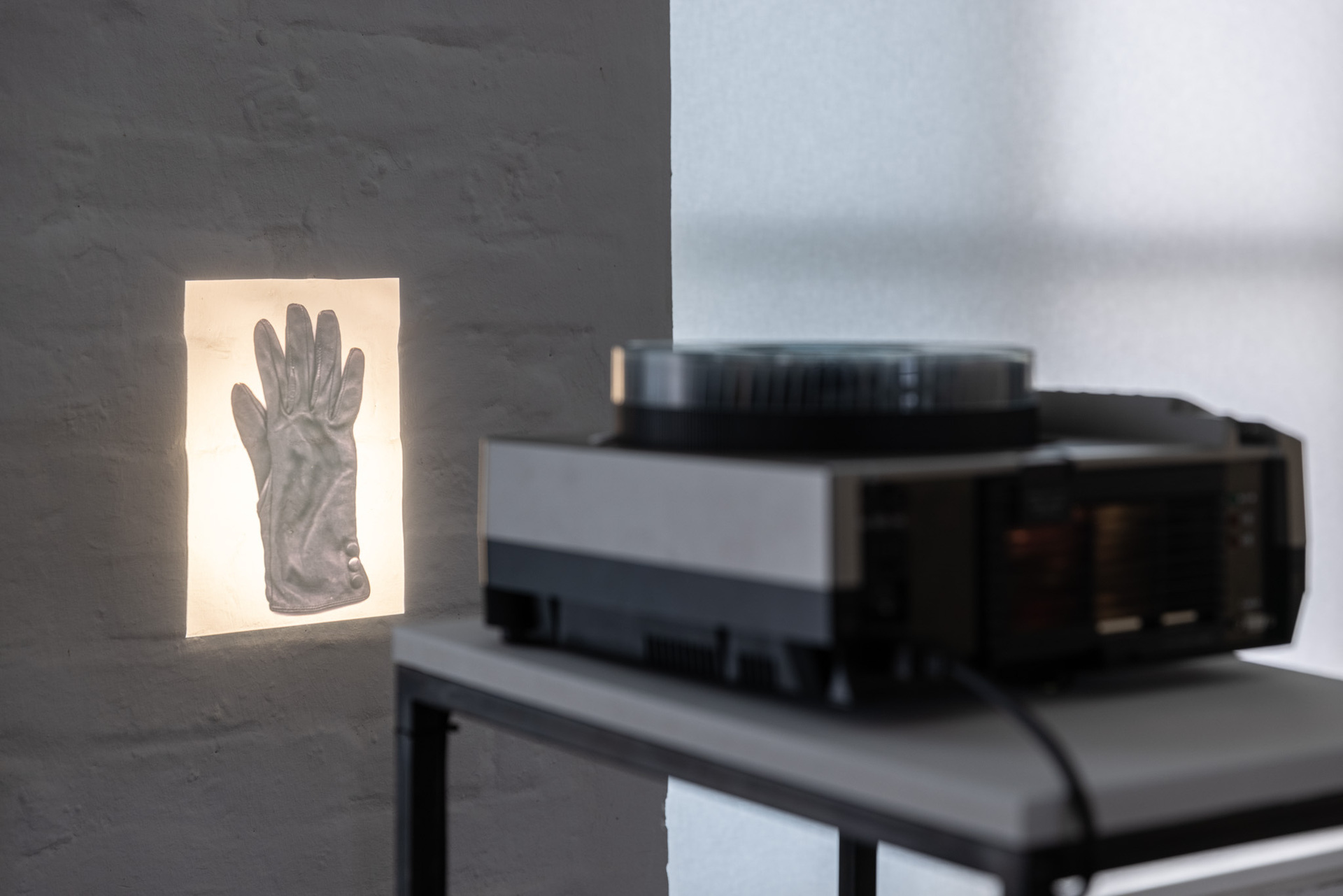
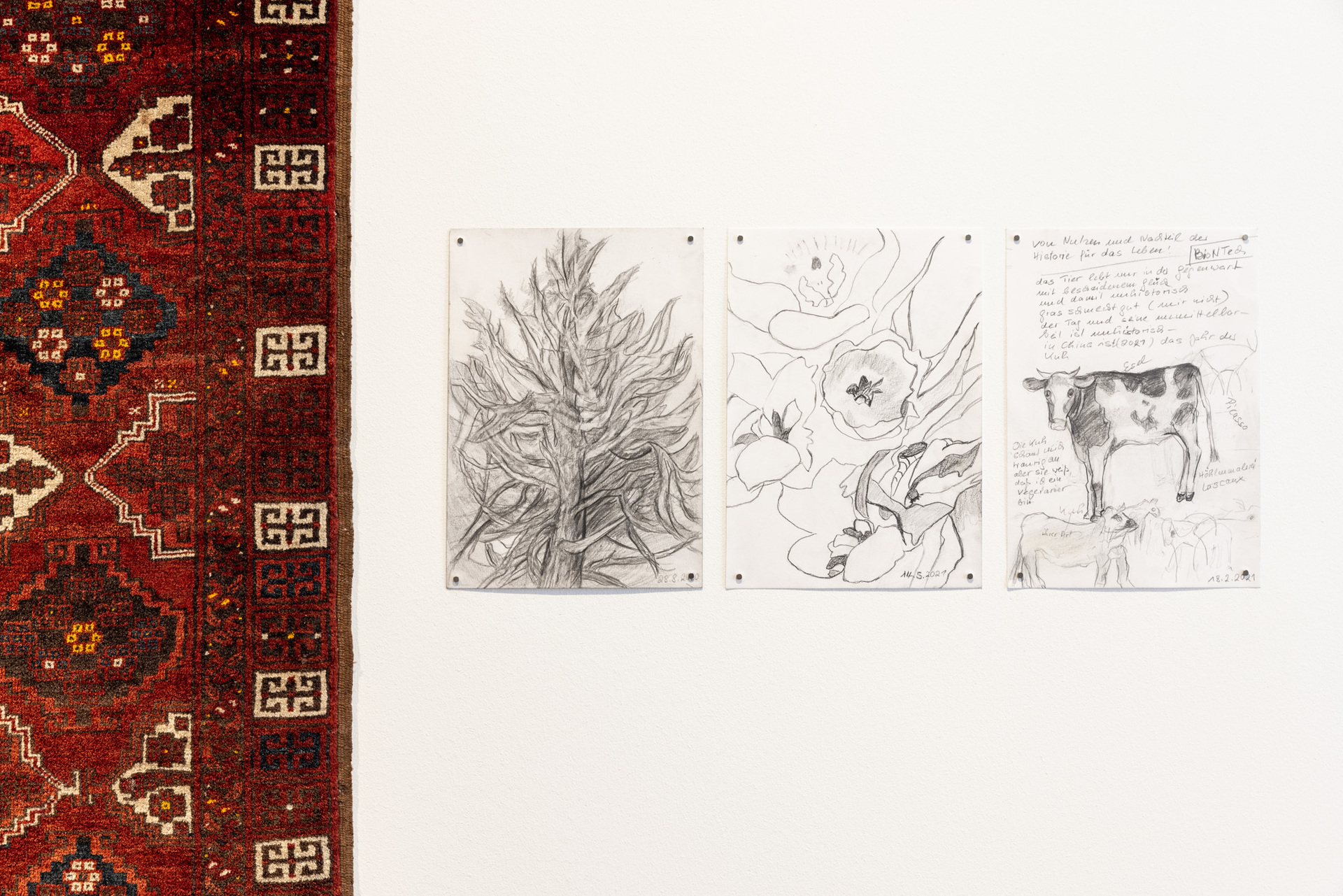
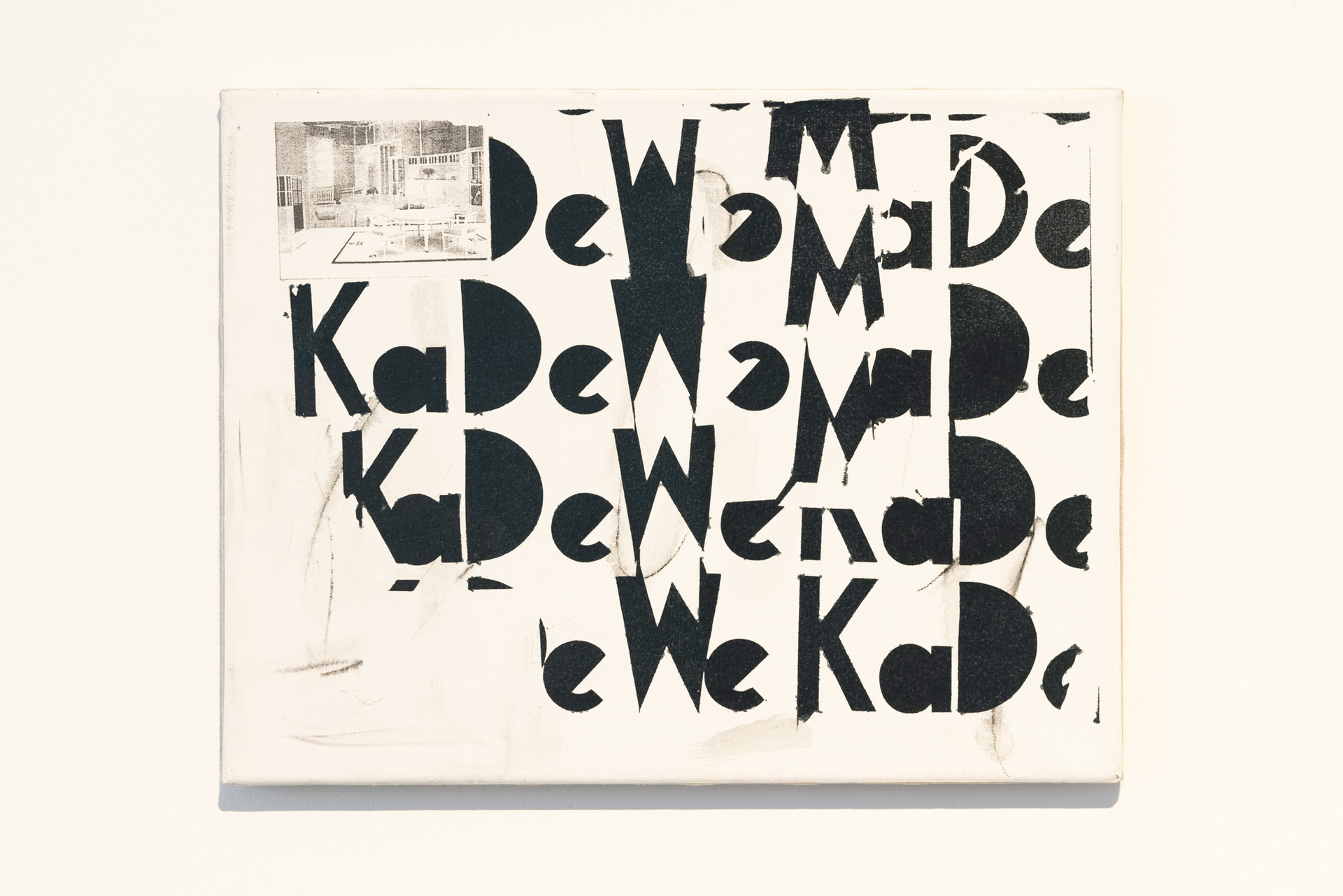
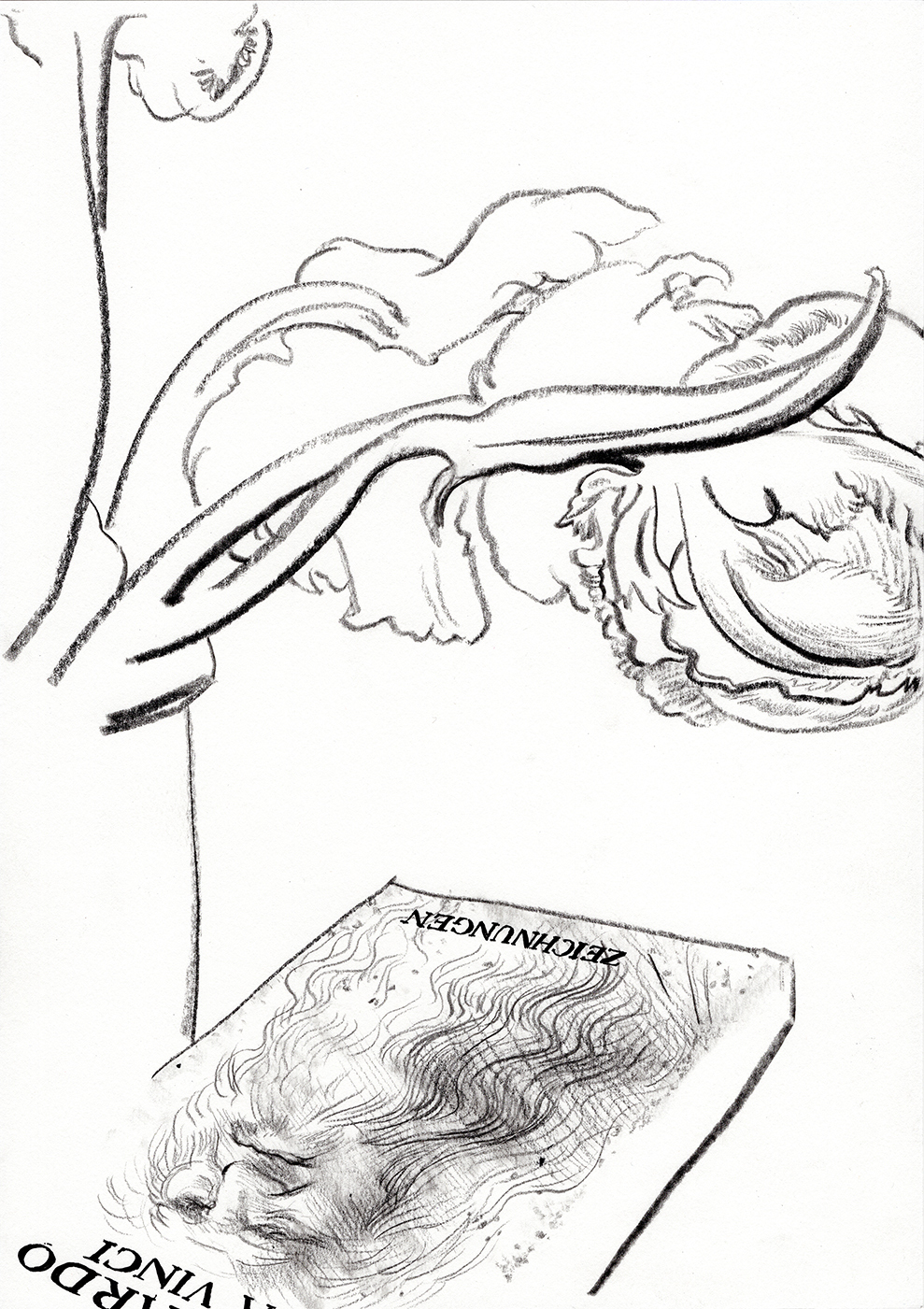
Location
KW Institute for Contemporary artDate
20.08 –18.09.2021Curator
Curator: Krist Gruijthuijsen, Assistant Curator: Anna-Lisa ScherfosePhotography
Frank SperlingSubheadline
Featuring Kévin Blinderman, Sofia Defino Leiby, Mooni Perry, Shirin Sabahi, Jana Schulz, Joshua Schwebel, Adam Shiu-Yang Shaw, and Xiaopeng Zhou KW and BPA// Berlin program for artists founded their partnership in 2020. BPA// Berlin program for artists is a mentoring program that fosters exchange between emerging and established Berlin artists. Founded in 2016 by Angela Bulloch, Simon Denny, and Willem de Rooij, BPA// organizes studio visits, public lectures, and group exhibitions. For the first time KW serves as a venue for the BPA// exhibition, an annual exhibition of work produced over the course of the current BPA// program. Curator: Krist Gruijthuijsen Assistant Curator: Anna-Lisa ScherfoseText
BPA// Exhibition 2021
21-08 – 19-09-2021
Curator: Krist Gruijthuijsen
Assistant curator: Anna-Lisa Scherfose
Founded in 2016 by artists Angela Bulloch, Simon Denny, and Willem de Rooij, the Berlin Program for Artists (BPA) connects Berlin-based artists beyond the academy and across cultures and generations. Each year BPA’s mentors select ten of Berlin’s most promising young artists to join the program for two years. Participation is free of charge, and includes a grant to produce new work. Urban Berlin is BPA’s headquarters: twice a month mentors travel across town to visit participants in their studios for concentrated peer-to-peer discussions, after which they open their own studios for group discussions with the participants. The method developed by BPA is non-hierarchical and unique both in Berlin and Germany. Its nomadic structure makes BPA more than just an independent program: it is also a vector to connect existing spaces in the city with BPA’s network of artists, curators and writers.
Since 2020, BPA has partnered with KW Institute for Contemporary Art. This evolving partnership serves as the framework for a range of activities; amongst others, BPA Talks, which enables BPA participants and mentors to present their work to the general public, and BPA Exhibitions, curated group exhibitions showcasing new work developed by participants during their working period with BPA.
Artists
Kévin Blinderman (*1994, FR)
Kévin Blinderman orchestrates physical and mental experiences in which mundane and often found objects or situations transcend their original functionality. Hardboy appears like one of those utilitarian objects that does not reveal its purpose or function. The object’s continuous movement makes for associations with social choreographies, and attributes human properties whilst accelerating. At intervals, a remixed version of Judy Garland’s Somewhere Over the Rainbow by musician Bulma transmits from the object, causing synesthetic affects between sound and form.
Kévin Blinderman studied at École Nationale Supérieure d’Arts de Paris-Cergy and at Bezalel Academy of Arts, Tel Aviv. Recent exhibitions include You're the Worst, Confort Moderne, Poitiers, (2021); No Dandy, No Fun, Kunsthalle Bern (2020); Studio Berlin, Berghain, Berlin (2020); For Réelle, Tropez, Berlin (2020); Abbieannian Novlangue, Sultana, Paris (2020); and A Study in Scarlet, Le Plateau / Frac Ile-de-France, Paris (2018). He's a member of the Parisian artist-run space Treize, and co-founder of Queer Is Not A Label events.
Sofia Defino Leiby (*1989, US)
In her paintings and artist books, Sofia Leiby uses collage as visual note-taking, developing approaches to observation and measurement. Leiby has incorporated elements of psychometrics or psychological measurement tools to question the creative process and move away from singular readability. For the exhibition at KW, Leiby presents a selection of smaller works that directly reflect on her surroundings as a ‘respectful tourist,’ in which branding and modes of communication represent forms of hierarchy.
Sofia Defino Leiby has shown her work in solo and two-person exhibitions at Page NYC; Ύλη[matter]HYLE, Athens; Kimmerich, Berlin; and Clifton Benevento, New York. Her writing has been published in Texte zur Kunst, Spike Art Quarterly, and BOMB. Defino Leiby has been included in group exhibitions at Sweetwater, Berlin; The Green Gallery, Chicago; Springsteen, Baltimore; and Nicelle Beauchene Gallery, NYC, among others. Her work has been reviewed in Artforum, Mousse, Paper, and Harper's Bazaar Mexico.
Mooni Perry (*1990, KR)
Over the past years, Mooni Perry has explored discourses around veganism, human-animal relations, feminism (within Asian contexts), and their intersections. Her new multi-channel installation Binlang Xishi examines metaphors of ‘uncleanness’ in various social and cultural contexts by researching the rhetoric and social stigma around sex work. The works consists of three parts that have been recorded in South Korea, Taiwan and Germany. They investigate the histories of Binlang Xishi, a form of advertising where young women in revealing clothes sell betel nuts, and Necro-politics. The first episode on view here revolves around Pansori, a traditional Korean form of story-telling.
Mooni Perry studied at Royal College of Art, London. Recent solo exhibitions include Untitled, CR Collective, Seoul (2021); Mooni Perry Exhibition, Bureaucracy Studies, Lausanne (2020); Traversing, Post Territory Ujeongguk, Seoul (2019). Selected recent group shows include #CoroseumAndChaosOnTheTable, Um museum, Hwaseong (2021); Untitled, Hapjungjigu, Seoul (2021); and So Far Yet So Near, Onsu-gonggan, Seoul (2020). Perry received the ars viva prize in 2021 and in this framework, her art will be presented in upcoming exhibitions at Brücke Museum, Berlin in fall 2021 and Kai Art Center, Tallinn in 2022.
Shirin Sabahi (*1984, IR)
In her projects, Shirin Sabahi often involves stories and remnants of artifacts and places, which explore processes of time and (re-)development. Sabahi’s series of collaborative sculptures take the architectural concept of roof extensions as their starting point. Berlin-based artists Andrea Canepa, Angela Bulloch, Camilla Steinum, Ellinor Aurora Aasgaard, Marina Pinsky, and Saâdane Afif were asked to produce artworks for the air space above Sabahi’s models of buildings, which thereafter serve as plinths of sorts. Roof extensions are hailed as innovative means for adding density and providing housing. However, in the case of streamlined penthouses thought for speculation, they tamper with the existing housing stock below. When a new floor is mounted on top of a building, it receives added value in the form of an attractive address, views, previously existing plumbing, etc. Sabahi plays with this notion of renewal by using scale models of Berlin houses from different periods as plinths for artistic interventions that invoke (often tongue-in-cheek) the new top floors and their implications in a larger context.
Shirin Sabahi studied at the Malmö Art Academy, Lund University, Malmö. Recent exhibitions and screenings include Broad Art Museum, Michigan (2020); Savvy Contemporary, Berlin (2020); Centro Botin, Santander (2019); Jameel Arts Center, Dubai (2019, solo film program); Edith-Russ-Haus (Oldenburg 2018, solo); and Beirut Art Center (2018). In 2021 her work will be shown at Kunstmuseum Wolfsburg, Europalia Arts Festival in Brussels, and Stravanger Kunstmuseum.
Jana Schulz (*1984, DE)
In her videos, Jana Schulz provides a candid view onto her subjects through careful camerawork, ever-oscillating between proximity and distance. These slow observations demand significant concentration on the subject matter, for instance in her Home series, in which she portrays men in their apartments. Here Schulz asks strangers if they’d be open to develop a relationship in which the camera functions as the main instrument of communication. By doing so, she tries to break the tensions of subject/object relations, race, and gender. As time goes by, we see Schulz’s subjects in their apartments pondering over their lives, growing ever more intimate with the artist.
Jana Schulz studied at the Hochschule für Grafik und Buchkunst, Leipzig. Recent exhibitions and film screenings include: Center for Contemporary Photography Melbourne (2020); Rencontres Paris/Berlin (2020); Eigen+Art Lab, Berlin (2020); Kunsthalle Bremerhaven (2020); Anca Poterasu Gallery, Bucharest (2019); Eigen+Art, Leipzig (2019); Kunsthalle Wien (2018); and Museum der Bildenden Künste, Leipzig (2018). Jana Schulz received the Villa Aurora grant from Studienstiftung des Deutschen Volkes in 2018. Her work will be on view at Briefing Room Brussels in 2022.
Joshua Schwebel (*1980, CA)
Joshua Schwebel’s work takes the form of performative interventions that penetrate the systematic contradictions surrounding contemporary art. He often embeds his work within the administrative processes of the institution, blurring the boundaries between artistic and administrative tasks. While studying at the Nova Scotia College of Art (NSCAD) University from 2006 to 2008, Schwebel stole a black leather glove from the director of the NSCAD MFA program, Dr. Bruce Barber. The glove was later anonymously returned to Barber’s private address. Every time Schwebel came across a similar glove, he would post it to Barber. Schwebel’s presentation at KW traces the itinerary of the stolen glove through various voices that resemble Barber’s, questioning Schwebel’s reasoning and thereby examining power structures within art and education.
Joshua Schwebel studied at Nova Scotia College of Art and Design in Halifax, Canada. Most recent solo projects and exhibitions include The Employee, Forest City Gallery (ongoing); Solvent, Or Gallery (2019); A Dream in Which I am You, Fonderie Darling (2018); and he was shortlisted for the Berlin Art Prize in 2019. Schwebel’s work will be on view in the following exhibitions: The Managed Heart, Museum of Contemporary Art Joliette (2021); The Tenant, Centre Clark Montreal (2021); and La Recollectionneuse, Galerie UQO, Gatineau (2022).
Adam Shiu-Yang Shaw (*1987, CA)
Adam Shiu-Yang Shaw’s work explores the uncanniness of profane urban contexts in which he plays with perception of reality through scale and material use. His new series of sculptures are modeled in response to the artist’s photographic archive of street scenes, industrial buildings and civic infrastructure. Triggered by questions of care and disregard, Shiu-Yang Shaw reconstructs certain elements of these photographs. By enlarging some parts and reducing others, he creates an estranged perception resembling theatre set models or props, exploring the relationship between geographical and emotional orientation.
Adam Shiu-Yang Shaw studied at The Royal Academy of Art, Stockholm, and Emily Carr University of Art & Design, Vancouver. Selected solo exhibitions include Memory Loss, Coyote, Stockholm (2020); Can there be Forgiveness? Ashley, Berlin (2018); F-150, Polansky Gallery, Prague (2018); and Vinegar Stone & the Language of Flowers, Towards, Toronto (2017). Selected group shows include Vigil (with Emanuel Layr), Galeria Wschód, Warsaw (2021); Condo London, Union Pacific (2020); and But Doctor, I am Pagliacci, The Loon, Toronto (2019). Upcoming presentations of his work will be at Galeria Wschód (2021) and in the group show Infinity of Unidentified Objects, Institute for the History and Theory of Architecture at ETH, Zurich, 2022.
Xiaopeng Zhou (*1985, CN)
Xiaopeng Zhou uses reportage drawing as a slow and careful process of documentation. Over the past two years, he has been teaching drawing to an elderly Alzheimers patient. In Berlin’s botanical garden Zhou began to teach her to draw plants, flowers, and trees, while he draws her observing them. During the pandemic lockdown the lessons shifted to the patient’s home, where he discovered her interest in philosophy, art history, feminism, and care, which resulted in discussions around emotional and physical labor, disability, and healing. By observing the differences in age, gender, and culture between the patient and himself, Zhou manages to capture an intimate portrait of loss and (be)longing.
Zhou studied at the Kunsthochschule Weissensee, Berlin, and the Guangzhou Academy of Fine Arts. Recent solo exhibitions include Monochromatic Lottery Balls, Xining Contemporary, Xining (2019); and Shape of Appetite (in co-operation with Tang Han), Empfangshalle, Munich (2018). Group shows were Interrupted Meals, HOW Art Museum, Shanghai (2020); An Impulse to Turn Inside-Out, Art Museum, Beijing (2020); Further Thoughts on Earthy Materials, Kunsthaus Hamburg (2019); and Bi-City Biennale of Urbanism/Architecture (UABB), Shenzhen (2017). Xiaopeng currently has a solo presentation at After the Butcher, Berlin in 2021, and an upcoming show at Kunsthaus Dresden in 2022.
Krist Gruijthuijsen, Anna-Lisa Scherfose